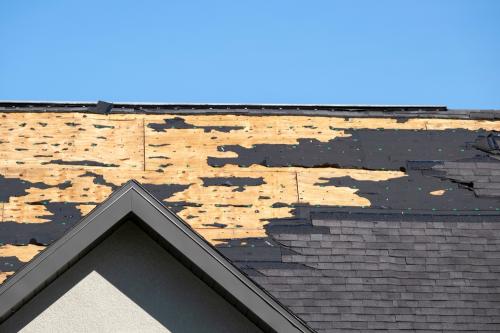My assignment tonight is to defend the proposition that a growing population in the District of Columbia, especially an increasing number of working families with children, is one important element in a strategy for making this city a better place for all of its residents to live and work and raise kids. Indeed, I believe a larger number of residents in the District can be especially beneficial to the low-income population of Washington—if we manage it right. I’ll come back to why I think that, but I don’t want to start there. I want to start by talking about my vision of a future Washington, so you can understand better why I think more people living in the city is likely to be a good thing for all of us.
The participants in this evening’s panel are all people who care a lot about the future of Washington. Indeed, all of the people on this panel are devoting much of their lives to helping this city become a better place for all kinds of people—rich and poor, black and white—to live and work and raise their children. We may differ somewhat in the specifics of our personal visions for the city and in what we think it will take to get there. So let me try to articulate the main elements of my vision for the future of the neighborhoods of Washington or directions in which I hope they will evolve. I say “evolve” because cities never arrive at a fixed point. They are always changing, which is one reason why they are exciting places to live.
The Brookings Institution is committed to quality, independence, and impact.
We are supported by a diverse array of funders. In line with our values and policies, each Brookings publication represents the sole views of its author(s).



Commentary
100,000 More DC Residents–Who Benefits?
September 30, 2003